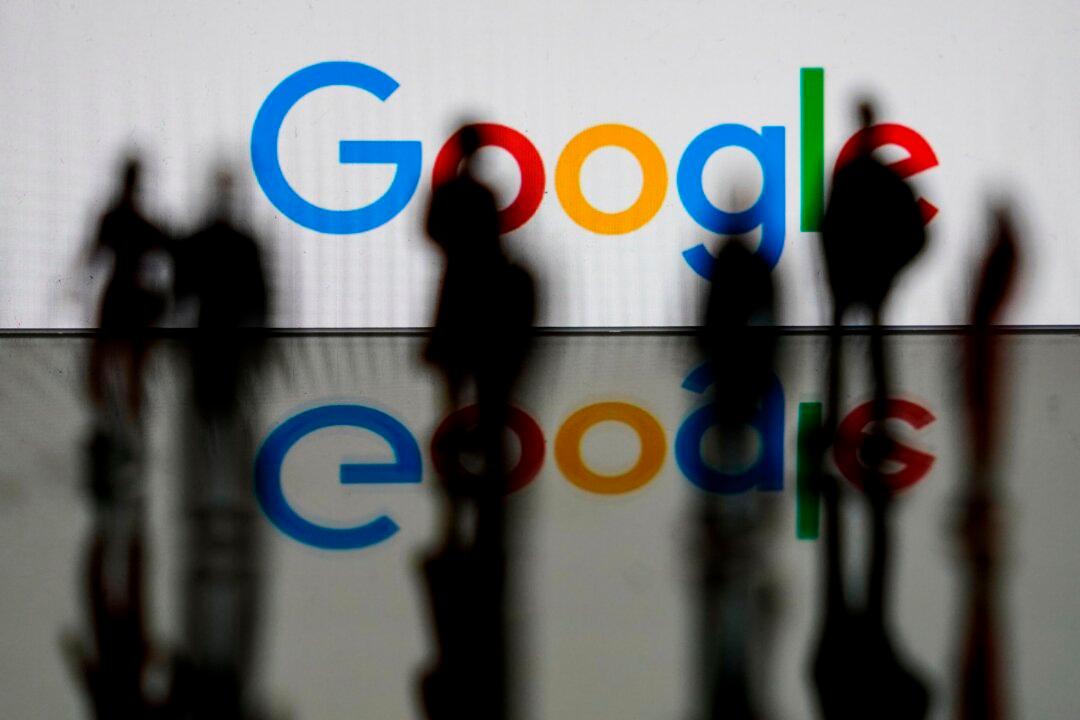Google has launched a movement tracking tool aimed at helping public health officials combat COVID-19, the disease caused by the CCP virus, commonly known as novel coronavirus.
As health officials seek to evaluate and optimize response strategies like social distancing, Google’s new COVID-19 Community Mobility Reports intends to provide insights into how policies like work-from-home and shelter-in-place, aimed at flattening the curve of the pandemic, are impacting peoples’ movement and behavior.





